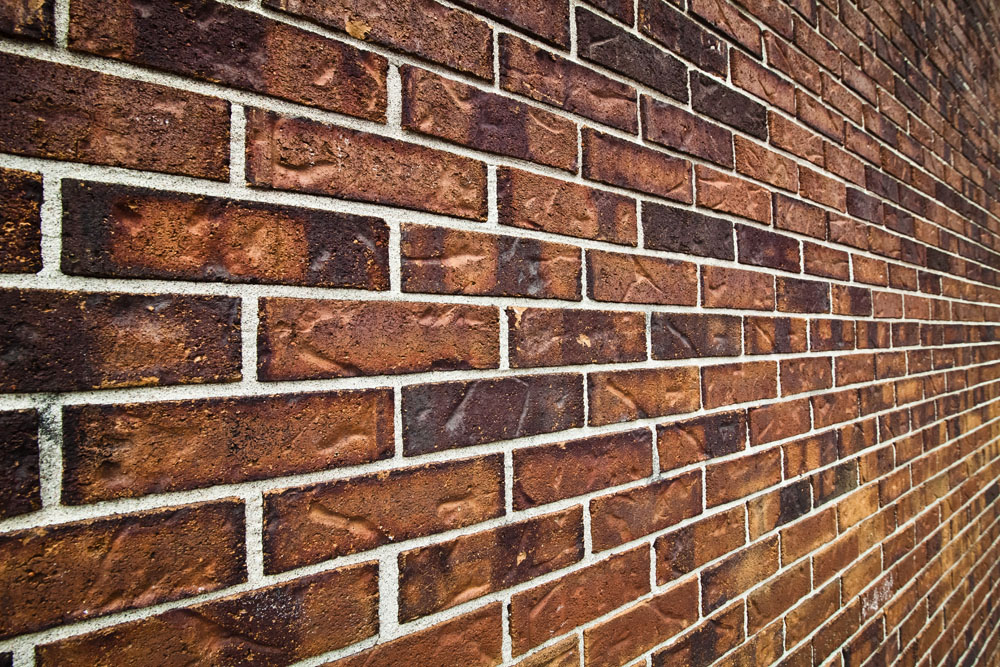Introduction
When it comes to maintaining the integrity of your home, nothing can be more disheartening than discovering cracks in your brickwork or crumbling masonry. These issues not only affect the aesthetic appeal of your property but may also signify more serious structural problems. So, how do you know when it's time to take action? In this comprehensive guide, we will explore all aspects of masonry damage, provide insight into the role of a masonry contractor, and help you determine when hiring one is essential.
Whether you're dealing with minor fissures or significant structural issues, understanding the signs of deterioration can save you time and https://theindustry.blog/construction/7-misconceptions-about-masonry-contractors-debunked/ money in the long run. Let’s dig deep into Cracks and Crumbles: How to Know When to Hire a Masonry Contractor.
Understanding Masonry: A Brief Overview
What is Masonry?
Masonry refers to the construction method that involves building structures from individual units laid in mortar. This craft can include materials like bricks, stones, concrete blocks, and even glass blocks. Each type has its unique properties and applications.
Types of Masonry Materials
- Brick: Durable and versatile; used for everything from homes to garden walls. Stone: Offers strength and natural beauty; often used in high-end construction. Concrete Blocks: Cost-effective and efficient; commonly employed for foundational work.
Importance of Quality Masonry Work
Quality masonry work ensures longevity and stability for your structure. Poorly executed masonry can lead to significant structural issues over time. Therefore, hiring an experienced masonry contractor is paramount.
Signs of Deterioration: Cracks and Crumbles
Identifying Surface Cracks
Surface cracks are often the first indicators of underlying issues. They can appear due to:
Weather changes Soil movement Ageing materialsCommon Types of Surface Cracks
- Hairline cracks: Usually cosmetic but should be monitored. Horizontal cracks: Often indicate shifting foundations. Vertical cracks: May suggest settling issues.
Recognizing Structural Damage
If cracks are wider than 1/4 inch or if you notice crumbling mortar or bricks, these could be signs of more severe structural damage. Such conditions might compromise your building's safety.
What Causes Structural Damage?
Poor drainage systems Tree roots invading foundations Groundwater pressureCracks and Crumbles: How to Know When to Hire a Masonry Contractor
When faced with noticeable wear on your brickwork or stone structures, knowing when to call an expert is crucial for maintaining your property's value and safety.
Why Hire a Masonry Contractor?
A qualified masonry contractor possesses specialized knowledge that allows them to assess damage accurately and recommend appropriate repairs or restorations.
The Benefits of Hiring a Professional
Expertise in identifying various types of damage. Access to high-quality materials. Ability to implement lasting solutions rather than temporary fixes.DIY vs Professional Help: Weighing Your Options
When Can You Handle It Yourself?
Some minor repairs may fall within the realm of DIY skills:
- Filling small hairline cracks with caulk. Repointing mortar joints on less critical structures.
When Should You Call in Experts?
Certain situations demand professional intervention:
Extensive cracking beyond 1/4 inch. Obvious shifts in wall alignment. Signs of water infiltration or mold growth.Choosing the Right Masonry Contractor
Key Qualifications to Look For
Not all contractors are created equal; here are some qualities that define a reliable masonry contractor:
Proper licensing and insurance Positive reviews from previous clients A portfolio showcasing past workQuestions To Ask Potential Contractors
Before making a decision, consider asking:
- What’s your experience with similar projects? Can you provide references? What warranties do you offer?
The Cost Factor: Budgeting for Repairs
Estimating Repair Costs
Costs can vary widely based on factors like material choice, labor intensity, and location:
| Type of Repair | Estimated Cost | |--------------------------|------------------------| | Minor crack filling | $100 - $300 | | Major structural repair | $500 - $5,000 | | Complete wall replacement | $10,000+ |
Hidden Costs You Should Be Aware Of
Be prepared for unexpected expenses such as additional foundation work if the underlying cause isn't addressed initially.
Long-Term Maintenance Tips for Your Masonry Structures
1. Regular Inspections
Schedule annual inspections with a professional contractor to identify issues before they escalate.
2. Proper Drainage
Ensure gutters are clean and downspouts direct water away from your foundation.
3. Sealing Exposed Surfaces
Apply sealants as needed based on weather conditions in your area.
FAQs About Hiring a Masonry Contractor
What does a masonry contractor do?
A masonry contractor specializes in working with stone, brick, block, or concrete materials—performing installations as well as repairs.
How much experience should I look for?
Seek contractors with at least five years’ experience in residential projects similar in scope.
Are there specific licenses required?
Licensing requirements vary by location; always verify local regulations before hiring.
Can I repair masonry myself?

How long will repairs take?
Timeframes depend on project complexity but expect anywhere from one day for minor fixes up to weeks for extensive work.
What guarantees should I expect post-repair?
Most reputable contractors offer warranties ranging from one year up to lifetime guarantees depending on the scope of work done.
Conclusion
Navigating through the complex world of masonry maintenance can feel overwhelming at times—especially when you're staring at those unsightly cracks or crumbles that threaten your home's integrity! However, understanding when it’s necessary to hire a professional mason can make all the difference between simple repairs today versus extensive renovations tomorrow!
Ultimately, prioritizing quality workmanship will not only enhance your property’s appearance but also ensure its safety for years down the line! So next time you see those pesky fissures popping up—don’t delay! Contact an experienced masonry contractor who knows how best to tackle these concerns head-on!
Remember this guide on Cracks and Crumbles: How to Know When to Hire a Masonry Contractor whenever uncertainty strikes—you’ll thank yourself later!